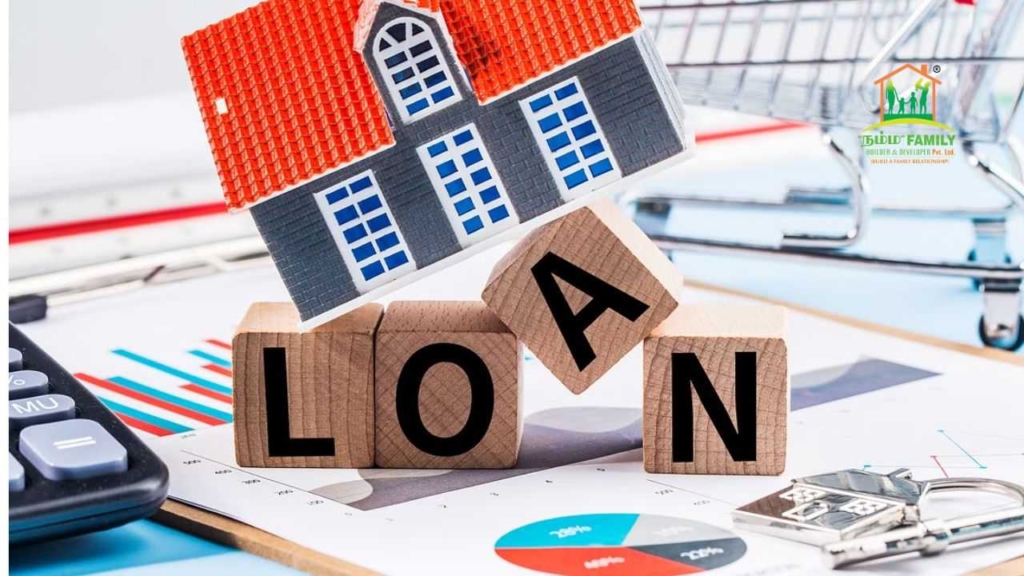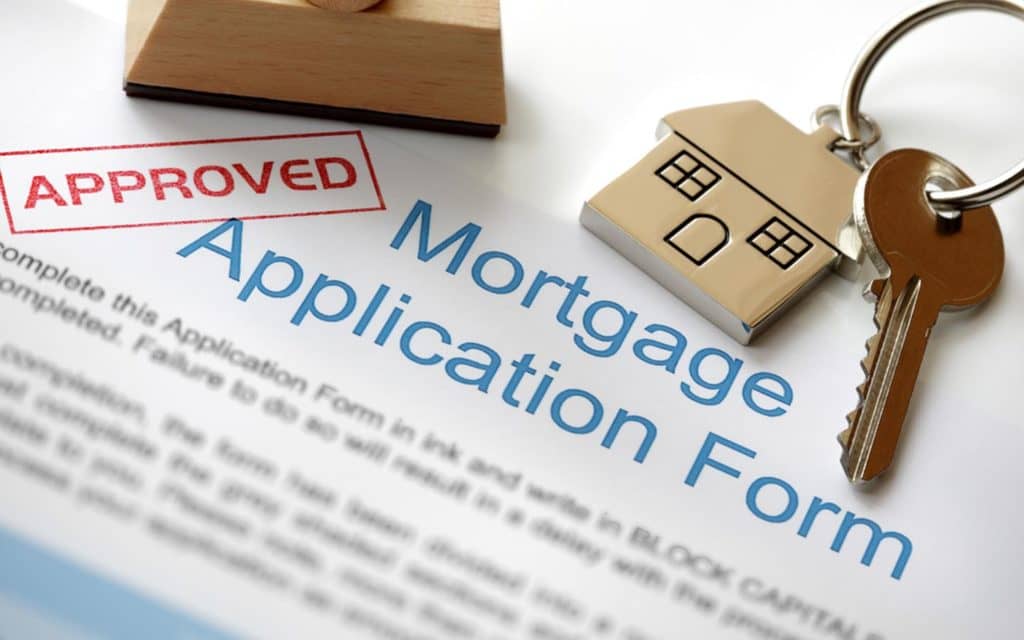Securing a mortgage in Dubai in 2025 is not just about financing a property, it’s a very important step in owning real estate in one of the world’s most dynamic and competitive markets. Whether you’re a first-time homebuyer, an experienced investor, a UAE resident, or a foreign national, understanding how to navigate the mortgage process in Dubai is essential for making a smart investment.
In this comprehensive guide, we will cover all the key aspects you need to know about getting a mortgage in Dubai, including eligibility criteria, required documents, types of mortgages available, and the legal framework that governs property ownership in the UAE.
Can You Get a Mortgage in Dubai?

Yes, you can secure a mortgage in Dubai as a UAE citizen, resident expatriate, or even as a non-resident. The UAE banking sector offers mortgage solutions to both residents and foreigners, with slightly varying terms. For UAE residents, mortgage options are more flexible, but non-residents can also apply, though their loan-to-value (LTV) ratios may be lower.
Eligibility for a Home Loan in Dubai
To qualify for a home loan in Dubai, lenders typically consider several factors, including income level, employment stability, credit history, and existing financial obligations. UAE residents enjoy higher eligibility, with various banks offering competitive rates. Expats, however, will need to provide additional documentation such as a valid residency visa, proof of income, and employment contract. For non-residents applying for a mortgage in Dubai, the process is slightly more complex, but financing options are still available through selected banks and international lenders.
Mortgage Requirements in Dubai: What You Need to Know

Before applying for a mortgage in Dubai, make sure you have all the necessary documents. Here’s a checklist of essential paperwork:
- Valid passport and residency visa (for expats)
- Bank statements (for at least the last six months)
- Salary certificate and employment contract
- Credit report
- Liability statements and any existing loan disclosures
Ensuring that you have all required documents ready can help streamline the approval process and avoid unnecessary delays.
How to Apply for a Mortgage in Dubai

The process of applying for a mortgage in Dubai typically follows these key steps:
- Choose Your Lender: Select a bank or financial institution that suits your needs. Research mortgage terms, interest rates, and customer reviews.
- Get Pre-Approved: Obtain pre-approval to understand how much you can borrow and the terms you’re eligible for.
- Prepare Your Documents: Ensure all financial documents are in order, including proof of income, tax returns, and bank statements.
- Submit Your Application: Once pre-approved, submit your application along with all required documents.
- Property Search and Valuation: Once your loan is approved, begin your property search. After choosing a property, the bank will conduct a valuation.
- Finalize Loan Agreement: Once the property is valued and the contract is in place, finalize your mortgage loan with the lender.
Types of Mortgages Available in Dubai
When looking for a mortgage in Dubai, there are several types of loans to choose from. Each type has its advantages, depending on your financial goals:
- Fixed-Rate Mortgage: The interest rate remains constant throughout the loan term, offering predictable monthly payments.
- Variable-Rate Mortgage: The interest rate fluctuates with market conditions, which can lead to lower initial rates, but it comes with the risk of increases over time.
- Interest-Only Mortgage: This option allows for lower initial payments, making it ideal for investors or short-term holders.
- Islamic Mortgages: These are Sharia-compliant loans, structured according to Islamic law principles, providing an ethical way of financing property.
The Mortgage Process in Dubai: A Step-by-Step Breakdown
The mortgage process in Dubai includes several important steps:
- Financial Assessment: The lender evaluates your financial standing, including your income and debt levels.
- Pre-Approval: Obtain a letter of pre-approval from the lender outlining the amount you can borrow and the interest rate.
- Document Submission: Provide all necessary paperwork, including identification and financial documents.
- Property Search: Once pre-approved, you can begin looking for the right property within your budget.
- Property Valuation: The bank will assess the property’s value to ensure it matches the loan amount.
- Final Approval: After valuation, the lender provides final approval, and you can proceed with signing the mortgage agreement.
- Legal Paperwork: Complete the legal documentation, including property registration with the Dubai Land Department.
Key Legal Considerations: Dubai Mortgage Laws
It’s crucial to understand the legal framework surrounding mortgages in Dubai. Real estate transactions must adhere to UAE property laws, particularly regarding foreign ownership. Whether you’re securing a mortgage for a residential property or an investment property in Dubai, all contracts must be registered with the Dubai Land Department. Working with a legal advisor can help ensure that your transaction complies with local regulations and that your investment is protected.
How Interest Rates Affect Your Dubai Mortgage

Interest rates play a significant role in determining your monthly mortgage payment and the total cost of your loan. Fixed-rate mortgages offer predictable payments, while variable-rate mortgages can be more cost-effective initially but carry the risk of future rate hikes. It’s important to compare different lenders and loan terms to find the best mortgage solution for your financial situation.
Refinancing Your Mortgage in Dubai
If you already have a mortgage in Dubai, refinancing can be a smart way to lower your monthly payments or secure a better interest rate. This option is particularly useful if market conditions improve or interest rates drop. Be sure to evaluate the pros and cons of refinancing, such as any associated fees or changes in loan terms.
Avoiding Common Mortgage Mistakes in Dubai
While applying for a mortgage in Dubai, many buyers make common mistakes that can lead to financial strain. Some of the most frequent pitfalls include:
- Failing to compare mortgage offers thoroughly.
- Not reviewing your credit score before applying.
- Overlooking hidden fees or additional costs.
- Choosing the wrong loan tenure or repayment plan.
Consulting with professionals, such as mortgage advisors or legal experts, can help you avoid these mistakes and ensure you make an informed decision.
Why Work with a Trusted Mortgage Broker in Dubai?
Navigating the Dubai mortgage process requires expertise, time, and reliable support. By working with a trusted mortgage broker or advisor, you can access the best deals, legal assistance, and valuable insights. At Urban Town Real Estate, we provide a personalized approach to home financing, helping you find the right mortgage loan that aligns with your needs and financial goals.


